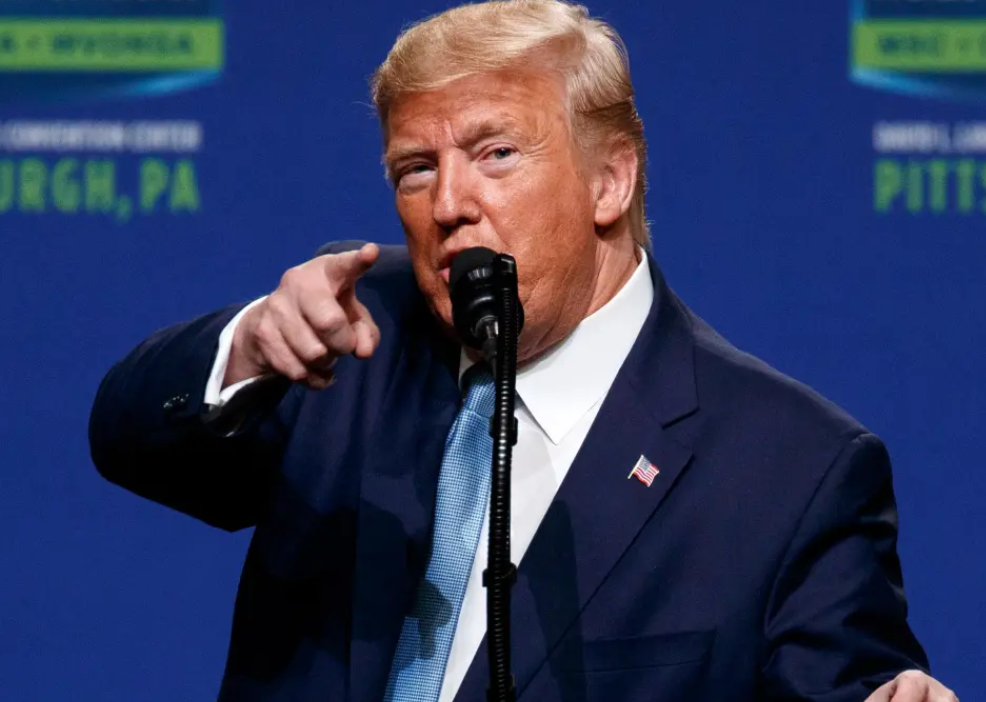Thirty-four charges, 12 jurors, one often exasperated judge, and a parade of witnesses
After nearly five weeks, both the prosecution and the defense rested their cases in Donald Trump’s history-making hush-money trial. Closing arguments will begin on Tuesday, after which the jury will start deliberations. The timeline and outcome of their decision remain uncertain. However, if the jury finds Trump guilty on even one count, he will become the first former US president with a criminal conviction and the first major party candidate to run for the White House as a felon.
Key Issues to Consider with a Guilty Verdict
Trump has been free on bail throughout the trial. If the jury delivers a guilty verdict, he will likely leave the court as a free man until Justice Juan Merchan schedules a sentencing hearing. The judge will consider several factors in sentencing, including Trump’s age (77), lack of previous convictions, and possible violations of the court’s gag orders. The sentence could range from a fine, probation, or supervision to possible prison time.
Trump’s Legal Team’s Plans for Appeal
Trump’s team will almost certainly appeal a guilty verdict, a process that could take months or even longer. They will present their case to the Appellate Division in Manhattan and possibly the Court of Appeals. During this time, Trump would likely remain free on bail.
Possible Grounds for Appeal
The testimony of adult film star Stormy Daniels, whose alleged sexual encounter with Trump lies at the heart of the case, could serve as a basis for appeal. “The level of detail provided [by Daniels] is really not necessary to tell the story,” said Anna Cominsky, a professor at New York Law School. “Her detail makes her credible, but there’s a line where it could become irrelevant and prejudicial.” Trump’s defense team twice called for a mistrial during Daniels’ testimony, but the judge denied these motions.
Potential for Prison Time
Although it is possible, it remains highly unlikely that Trump would serve time behind bars if found guilty. The 34 charges are class E felonies in New York, the lowest tier in the state, each carrying a maximum sentence of four years. Several factors could lead Justice Merchan to choose a lesser punishment, including Trump’s age, lack of previous convictions, and the non-violent nature of the charges. The unprecedented nature of the case might also influence the judge’s decision, potentially avoiding the incarceration of a former president and current candidate.
Practical Challenges of Imprisoning a Former President
Practical considerations also complicate the prospect of imprisoning Trump. Former presidents receive lifelong protection from the Secret Service, which would necessitate agents protecting him in prison. “Prison systems care about two things: security of the institution and keeping costs down,” said Justin Paperny, director of the prison consulting firm White Collar Advice. With Trump, “it would be a freak show… no warden would allow it,” he added.
Eligibility to Run for President
Trump can still run for president. The US Constitution sets few eligibility requirements for presidential candidates: they must be at least 35, be a “natural born” US citizen, and have lived in the US for at least 14 years. No rules block candidates with criminal records. However, a guilty verdict could influence the November presidential election. A poll from Bloomberg and Morning Consult earlier this year found that 53% of voters in key swing states would refuse to vote for Trump if convicted. Another poll from Quinnipiac University this month showed that 6% of Trump voters would be less likely to vote for him, which could be significant in a tight race.
Pardon Possibilities
Trump cannot pardon himself for the hush-money case in New York, as it involves state offenses. The same applies to his case in Georgia, where he faces accusations of criminally conspiring to overturn his narrow defeat by President Joe Biden in the state during the 2020 election. This case is currently tied up in appeals.
For Trump’s two federal cases—one concerning the alleged mishandling of classified documents and the other on conspiring to overturn the 2020 election—pardon powers remain unclear. In the first case, a Trump-appointed judge in Florida indefinitely postponed the trial, citing prudence in resolving questions about evidence before setting a date. The second federal case also faces delays due to Trump’s ongoing appeal. Neither case is likely to conclude before the November election, but even if they did, constitutional scholars disagree on whether a president’s pardon power includes himself. Trump might be the first to test this possibility.

